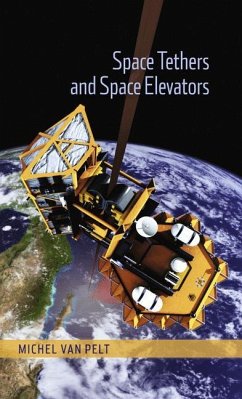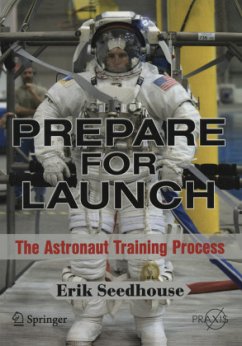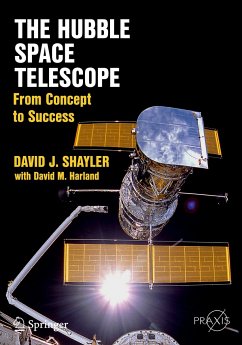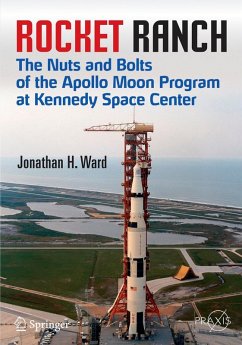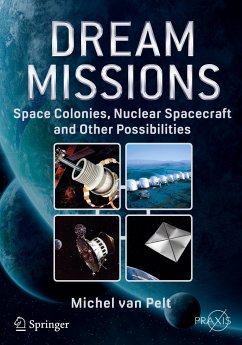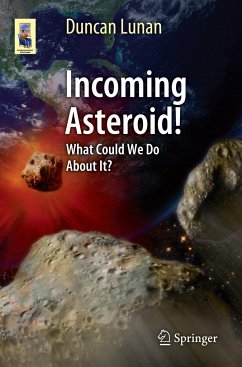thoroughly enjoyed this book and learned much from it. It will be very valuable to anyone who wants to learn about alternatives to using rockets to get into space or space tethers and/or space elevators in general. Michel van Pelt's book is a very valuable addition to the ever-growing body of literature on this subject. Highly recommended." (The Space Elevator Blog, December, 2009)
"Author Michel van Pelt makes clear in Space Tethers and Space Elevators ... interesting thing that tether technology can do. Tethers could also be used as a slingshot to boost satellites into interplanetary orbits, improve astronauts' health by supplying artificial gravity, and clean up space junk by using 'tether terminators' to drag obsolete satellites earthwards until they burn up on re-entering the atmosphere. ... Logical, thorough and packed with fascinating information, this slim volume would make a valuable addition to any space enthusiast's library." (Physics World, February, 2010) "If any book can be said to be ahead of its time, this is it. ... van Pelt goes on to describe various space-tether concepts, some feasible and some verging on the fanciful. ... For anyone interested in learning more about the fascinatingpossibilities offered by space tethers, this well-written, clearly illustrated book is the ideal introduction." (Peter Bond, The Observatory, Vol. 130 (1214), February, 2010) "This review of space tethers and space elevators provides a good description of the history of the application of tethers in space missions, along with the challenges faced in further exploitation of this technology. ... The book is very much written for the nontechnical person. ... Summing Up: Recommended. Lower-division undergraduates and general readers." (D. B. Spencer, Choice, Vol. 47 (5), January, 2010)
